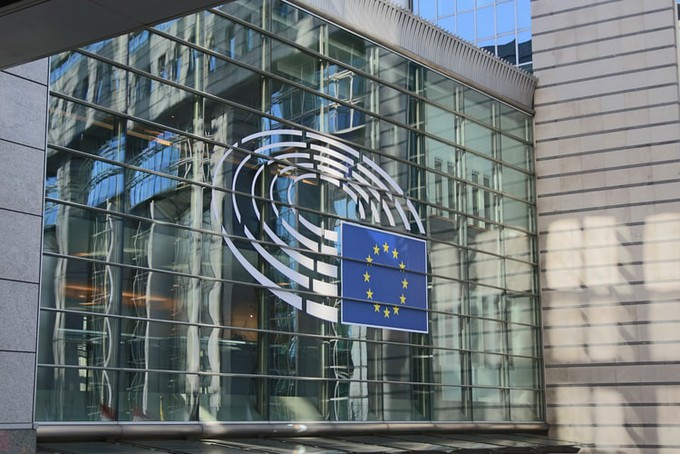- Clothes
- Bags
- Accessories
-
Inspiration
- Shoes
European Parliament just voted in favour of the Corporate Sustainability Due Diligence Directive (CSDDD)

Today members of the European Parliament voted on the Corporate Sustainability Due Diligence Directive, also known as the supply chain responsibility law. The directive would make companies that want to sell their products on the European internal market liable for social and environmental misconduct in their global supply chain. So this could be huge!
What does the directive entail?
The Corporate Sustainability Due Diligence Directive (CSDDD) obliges companies that want to sell their products on the European market to investigate, prevent and resolve harmful effects on people and the environment throughout their supply chain. Instead of the current system where it is only examined how this can be resolved after proven wrongdoing, companies would be legally obliged to make a proactive effort to prevent harm. In addition, the European directive would provide legal aid for victims in production countries, so that in the event of abuses they can recover the costs from the responsible companies more easily.
What problem does this directive solve?
Not every country has strict regulations on environmental pollution and forced labour in the production process. In many countries, due diligence is no more than completing a questionnaire, which is then not rigorously and/or independently verified; as long as the delivered product meets the requirements, almost no further research is done into how and by whom the product is made. This directive would change that. For example, if a company is linked to serious environmental pollution, it will soon no longer be able to say that it complied with local legislation and therefore can’t be held accountable. This directive would require a company to actively check for risks associated with the production of a certain product or in a certain region.
How does this directive solve this problem?
The Corporate Sustainability Due Diligence Directive would provide a European production standard that applies not only to products made in Europe but to all products that are sold on the European market. Firstly, the directive provides for sanctions for companies that do not meet the standard, for example by banning their products from the European market. Secondly, the law also takes into account the legal advantage of corporates against workers in production countries; the first party often has a strong legal team at its disposal and the financial strength to file lawsuit after lawsuit, the other does not. Among other things, this bill looks at (financial) support for people who want to raise abuses, so that they can do so before a European court.
What are the expected results of this directive?
Although the directive does not mention specific sanctions yet and there is still a lot of work to be done, it is a great signal from the EU; we no longer wash our hands in innocence and place the responsibility on those who have the most power in supply chains. It also indicates that if we want to achieve the climate goals, we have to look beyond production within Europe alone.
Does the EU Corporate Sustainability Due Diligence Directive mean that from now on every single product sold on the European market will be fair and sustainable?
No, it will be at least 2 years before the law comes into effect. Also, the EU member states must first agree on the precise content and companies must be given the opportunity to prepare for the new law. Given that it’s a directive and not a legislation, countries will have some freedom in how to incorporate this in their national legislation.
Share our story
Related articles
EU Green Claims Directive & Fashion: How Will It Impact YOU?
Tired of fast fashion using greenwashing to sell “sustainable” items? Then, the new Green Claims Directive will be good news for you... but bad, too!
Can Fast Fashion Ever Be Sustainable? (Real Talk)
Is that cheap organic cotton t-shirt from an ‘ethical’ collection actually eco-friendly? Basically: can fast fashion be sustainable? Let’s find out.
Where to Buy Ethical Clothing (Psst: It Doesn’t Have to Be Hard!)
It’s rare to find sustainable brands on the high street. So, here are 5 places where you can buy ethical clothing: from your area to a game-changing platform.
Project Cece is a platform that collects ethical fashion from vetted brands and shops in one place. Browse ethical fashion for women and men and find items that fit your style, budget and values!


